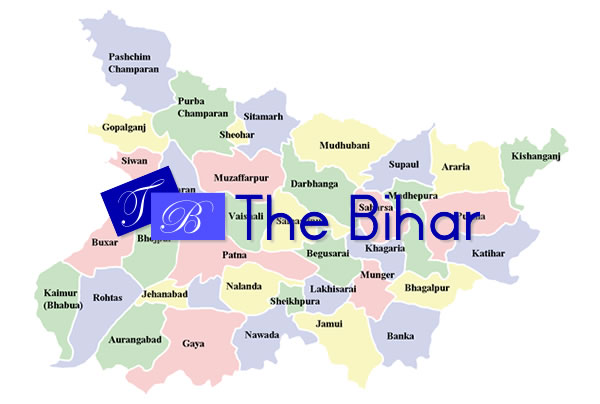Against the law
2 min readIcons can serve as a means of intimation. The Hindu right-wing seems to be creating its own pantheon of heroes to convey a rather chilling message to the nation. On the occasion of Ram Navami in Jodhpur, Rajasthan, Hindutva outfits took out a tableau in praise of Shambhulal Regar. The irony is palpable. Regar is accused of murdering a Muslim man who, the killer alleged, was involved in love jihad — one of the most polarizing campaigns that Hindutva’s legions have come up with to sow the seeds of discord among communities. The murder-accused was being feted on the occasion of a birth of a mythical king, who is known for upholding the principles of justice and inclusion. The propensity to transform villains into heroes is noticeable not only among the fringe but also in the centre. In recent times, a Bharatiya Janata Party leader from Bihar denounced the first information report issued against his son for incitement as a “piece of garbage”. Again, in Jammu, a BJP functionary had participated in a march — the tri-colour was taken out during the procession — to protest against the arrest of a man who has been accused of raping and killing an eight-year-old girl from a nomadic group. Of course, it is not the BJP alone that is guilty of endorsing criminals. This kind of pandering to offenders seems to be endemic to India’s political culture. What else can explain the fact that over 30 per cent of the elected members of the current Lok Sabha have criminal records?
What is interesting is that the criminalization of politics continues in violation of the laws that are meant to check such a malaise. Five years ago, the Supreme Court had ruled that holders of public office penalized with a prison sentence of over two years would be disqualified automatically. In recent times, the apex court has also wondered whether convicted criminals can head political parties, a practice that reportedly finds favour with the Centre. Political patronage of criminals leads to serious lapses. Bona fide institutions, such as the police, are brought under pressure to go easy on the lawless. Weak evidence, resulting in poor conviction rates, is the fruit of such intimidation. But institutional lapses offer a partial explanation for the deification of criminals. In a deeply iniquitous society, these figures are seen as legitimate conduits between resources and the people’s rights over them. This purported image of benevolence is the key to the public acceptance of leaders with chequered records.
Courtesy: The Telegraph


